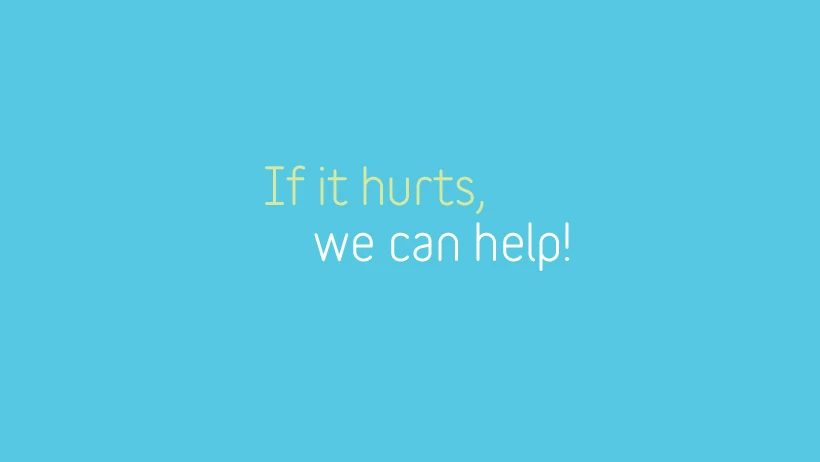What is Achilles tendinitis?
Overuse of our Achilles tendon can cause the tendon to swell, become irritated, inflamed, and painful resulting in what is known as Achilles tendinitis. Although it is more common amongst sports enthusiasts, it can happen to any one of us if we are putting a lot of strain and stress on our feet.The most obvious sign is pain above our heels, running up to the bottom of our calf muscles – especially when we stretch our ankles and stand on our toes. We may also feel pain when touching or poking the tendon, particularly after we have had some form of exercise that involves being on our feet.
Achilles tendinitis isn’t considered to be a serious injury, however, we strongly recommend seeking advice from a physiotherapist or sports therapist as the recovery time for this type of injury (if left untreated) can vary and even worsen.What causes it?
Pushing our bodies too much Sudden bursts of increased activity Sports that prompt quick starts and sudden stops Poorly fitting shoes Running or exercising on uneven ground Uphill running Lack of stretching in the calf muscles Bone spurs (extra bone growth in the heel that rubs the tendon and causes pain) Flat arched feet that roll in In the more serious cases, whereby the tendon in our Achilles ruptures, we will feel server pain instantly. This is known as Achilles Tendinosis.We are likely to hear a snapping or popping noise when it happens with bruising and swelling, too. In some cases, we will be able to feel a gap in our tendon where it has snapped and separated. It will then become very difficult for us to point our toes and push our shoes off, often making the simplest of exercises difficult and sometimes unbearable for us.
This is not an injury that we should ignore and leave to heel on its own accord. It is a very serious injury that can have long lasting effects without the correct treatment.If you are suffering with pain in your Achilles or you would like more advice on an injury, get in touch. You can either contact our team of experts at www.physiofusion.co.uk or call us on 01282 453 110.























